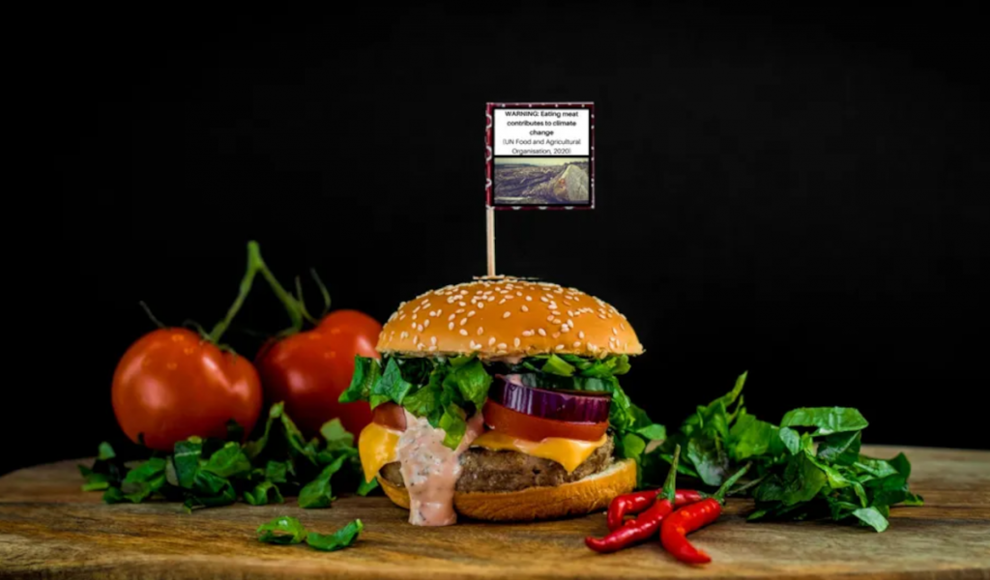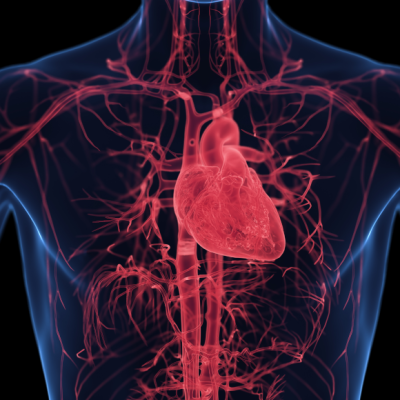A recent study conducted by researchers at Durham University has found that warning labels and graphic images on meat products can significantly reduce the consumption of meat. The study, which involved 1,001 participants, aimed to investigate whether warnings about the health and environmental risks associated with meat consumption could influence people’s attitudes and behaviors towards meat. The study found that people who were shown graphic images and warnings about the health and environmental risks of meat consumption were 10% less likely to choose meat dishes than those who were not shown any warnings.
The study’s findings are significant given the growing concern about the impact of meat consumption on the environment and public health. According to a recent report by PwC Strategy&, high meat consumption is one of the most inefficient forms of food production and poses a significant threat to global food security. Additionally, numerous studies have linked meat consumption to negative health outcomes, such as an increased risk of diabetes. As a result, researchers are exploring ways to encourage people to reduce their meat consumption.
One approach that has shown promise is “meat shaming,” which involves highlighting the negative consequences of meat consumption. The Durham University study builds on this approach by investigating the effectiveness of warning labels and graphic images on meat products. The study found that warnings about the risk of pandemics associated with meat consumption were the most effective at reducing meat consumption, while warnings about the environmental impact of meat consumption were the least effective. The study’s authors suggest that warning labels and graphic images could be an effective tool for reducing meat consumption without limiting people’s freedom of choice. However, they caution that some people may react negatively to such warnings, feeling that their freedom is being restricted.










